Africa’s opportunity in a multipolar world at Vladivostok forum
- Update Time : Friday, October 4, 2024
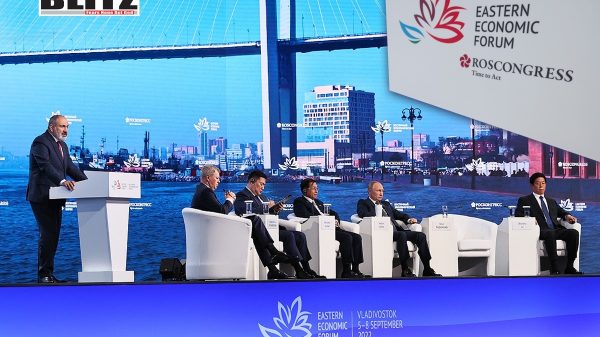
The world is rapidly shifting towards a multipolar geopolitical landscape, and for Africa, this transformation offers immense potential to reshape its economic and diplomatic future. The Eastern Economic Forum (EEF), held annually in Vladivostok, Russia, presents an ideal platform for African nations to engage with Eastern powers like Russia and China. As these powers champion alternatives to Western-dominated economic systems, such as de-dollarization, Africa has a rare opportunity to diversify its global partnerships and build strategic alliances that could lead to a more resilient and prosperous future.
Africa’s geopolitical and economic significance is clear. With vast reserves of natural resources such as oil, minerals, and agricultural commodities, alongside a burgeoning young population, the continent has long been viewed as the next frontier for global economic growth. However, African nations have often found themselves at the mercy of Western-dominated financial institutions like the International Monetary Fund (IMF) and the World Bank, which impose stringent conditions that have sometimes stifled local development and exacerbated debt crises. In contrast, the growing influence of non-Western powers like Russia and China offers an alternative model of cooperation based on shared interests rather than conditionality.
The current global shift towards a multipolar order, accelerated by the rise of BRICS (Brazil, Russia, India, China, and South Africa), offers Africa a path to realign its foreign relations. BRICS countries are advocating for a new world economic order that seeks to challenge the dominance of the US dollar in global trade-a process commonly referred to as de-dollarization. This initiative resonates with many African nations, particularly those grappling with debt and currency instability due to reliance on the dollar in global trade.
De-dollarization, one of the focal points of the Vladivostok Forum, is about reducing dependence on the US dollar in international trade and using alternative currencies like the Chinese yuan, Russian ruble, or even the development of digital currencies. For African countries, joining this shift could bring numerous benefits. Many African economies, heavily reliant on exports of raw materials and imports of finished goods, are highly vulnerable to fluctuations in the US dollar. As global interest in de-dollarization gains momentum, African nations may find more stable trade options by dealing in local or regional currencies, reducing their exposure to the volatility of the dollar.
Moreover, this shift towards a multipolar financial system could open the door to new forms of investment and financing that bypass traditional Western institutions. Countries like Russia and China are already engaging in infrastructure development and resource extraction in Africa without the stringent conditions attached to Western aid. The Belt and Road Initiative (BRI) led by China has already invested heavily in Africa’s infrastructure, building roads, railways, and ports, which are vital for improving trade and connectivity across the continent. Russia, for its part, has increased its presence in African energy and military sectors, offering partnerships that do not necessarily align with the Western neoliberal agenda.
The Eastern Economic Forum in Vladivostok serves as a key venue for African leaders to explore these new opportunities for collaboration. Unlike many Western-led economic conferences, which often focus on imposing agendas and conditions, the Vladivostok Forum emphasizes mutual benefit and cooperation between emerging economies. By engaging in dialogue with Eastern nations like Russia, China, and India, African countries can foster South-South cooperation, which prioritizes development that aligns with their own national interests rather than external pressures.
The potential for enhanced South-South cooperation is one of the most promising outcomes of this shift. For decades, Africa has been positioned as a peripheral player in global economic discussions, primarily supplying raw materials to more industrialized nations. This economic imbalance has often left African nations with little bargaining power in trade deals, perpetuating cycles of dependency and underdevelopment. However, the current geopolitical climate, bolstered by forums like the EEF, is providing African countries with an opportunity to renegotiate their roles on the world stage.
African nations could use this forum to attract investments in technology, infrastructure, and industrialization, which are key to moving beyond the extractive model that has dominated their economies. By partnering with Eastern powers, Africa can push for technology transfer agreements that prioritize local capacity building, enabling them to industrialize their economies and reduce their dependence on raw material exports. Additionally, Eastern nations may be more willing to invest in renewable energy projects that align with Africa’s climate goals, such as solar and wind energy, further diversifying Africa’s energy mix.
Africa’s participation in forums like the EEF is also significant from a diplomatic perspective. As the continent seeks to assert its place in the global economic system, it has the potential to become a key player in reshaping global economic balances. By building stronger ties with Russia, China, and other Eastern nations, African countries can diversify their diplomatic relationships, reducing overreliance on Western powers that have historically dominated their foreign policies.
In this context, BRICS offers an additional avenue for African nations to influence global decision-making processes. South Africa, the sole African member of BRICS, has consistently advocated for greater African representation in global governance institutions such as the United Nations and the World Trade Organization. As BRICS continues to gain influence on the global stage, African nations could leverage their relationships within the bloc to advocate for reforms that benefit developing economies.
Despite the potential benefits, African nations must navigate this shifting geopolitical landscape carefully. The rise of multipolarity does not guarantee economic prosperity or diplomatic success. African countries will need to carefully assess their national interests and avoid falling into new dependencies, whether on Western or Eastern powers. Maintaining a balanced approach to international partnerships, based on mutual respect and strategic alignment, will be crucial to ensuring that Africa benefits from these global changes.
Africa stands at a crossroads in a world that is rapidly evolving towards multipolarity. The Vladivostok Forum represents a critical juncture for African nations to engage with Eastern powers, particularly Russia and China, and redefine their roles in the global economy. By embracing South-South cooperation and exploring alternative economic models like de-dollarization, Africa has a unique opportunity to build a more resilient, diversified, and prosperous future. As the geopolitical shifts continue to accelerate, the continent’s ability to seize these opportunities will determine its place in the new global order.


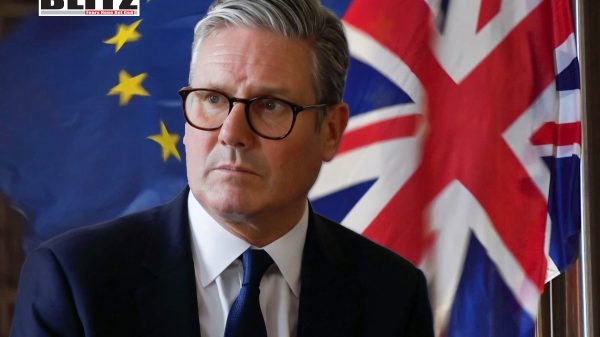
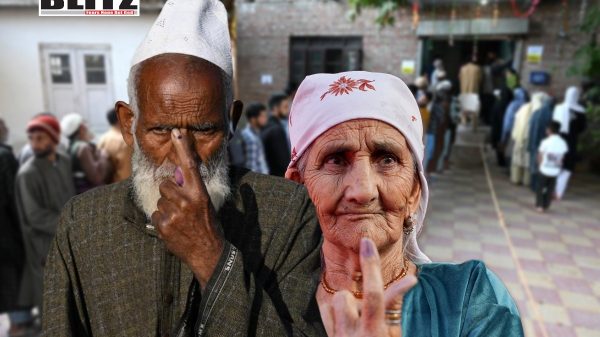
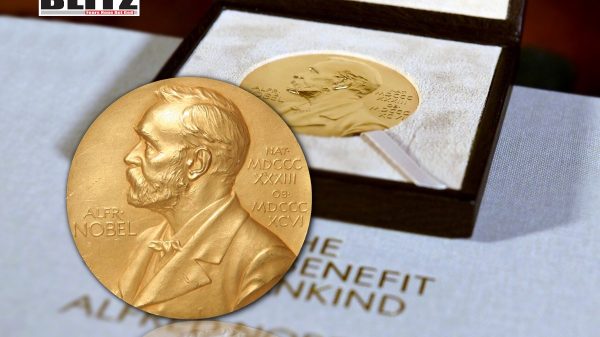

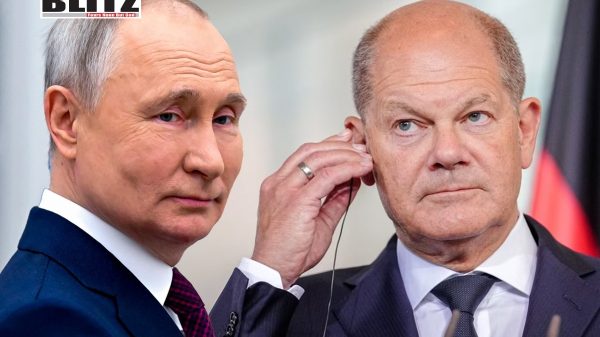
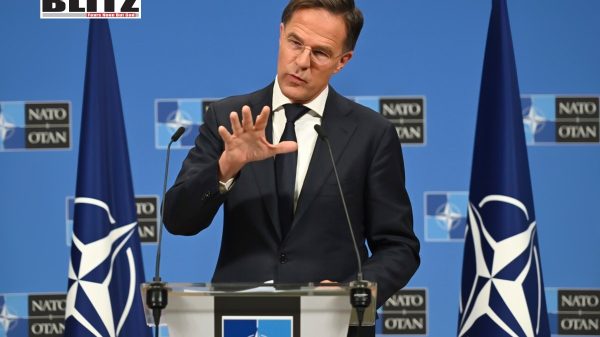

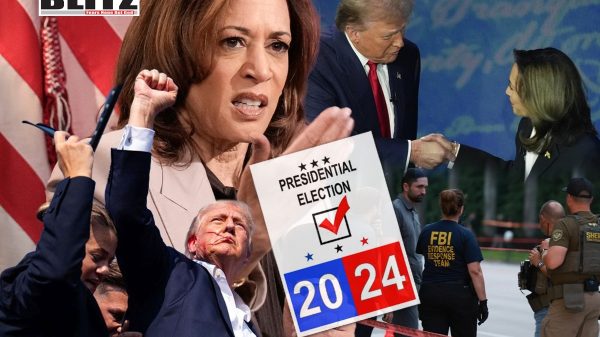
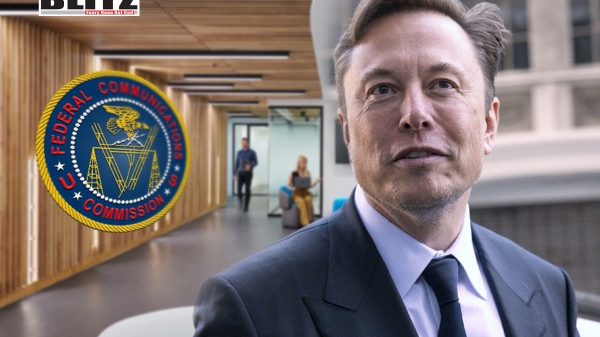





Leave a Reply